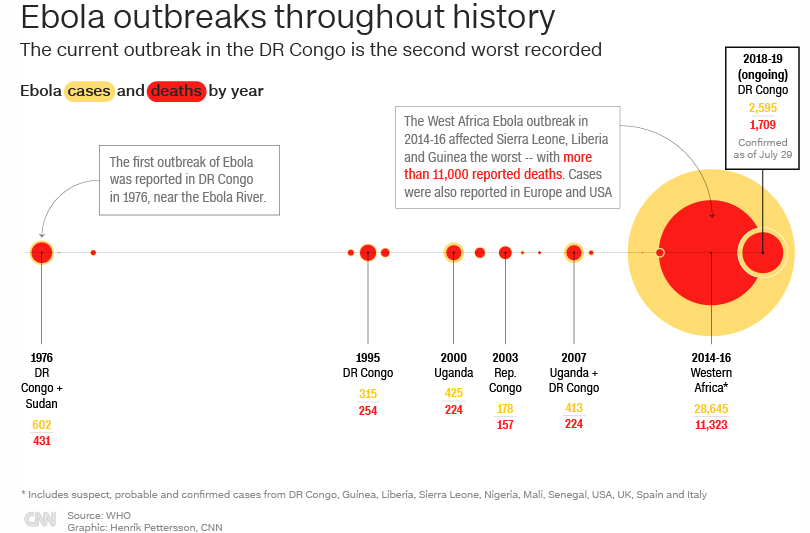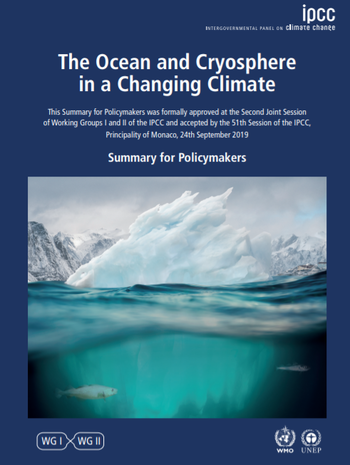You are here
Thu, 2009-01-29 13:15 — mdmcdonald
The mission of this working group is to explore the evidence regarding points of leverage assisting human groups in coping with or reducing the risk of global climate change.
General Topic Tags:
Problem, Solution, SitRep, or ?:
Group:
Group description:
This working group is focused on issues of Global Climate Change.
Group visibility:
Public - accessible to all site users
Add Content to this group
Members
| admin | Albert Gomez | Amanda Cole | Anthony | ChrisAllen | david hastings |
| fosternt | Kathy Gilbeaux | Maeryn Obley | mashalshah | mdmcdonald | MDMcDonald_me_com |
| Nguyen Ninh | StarDart |

 Left: For decades, the conventional wisdom surrounding organic farming has been that it produces crops that are healthier and better for the environment as a whole. A new study out this week challenges this narrative. Photo by REUTERS/Enrique Castro-Mendivil
Left: For decades, the conventional wisdom surrounding organic farming has been that it produces crops that are healthier and better for the environment as a whole. A new study out this week challenges this narrative. Photo by REUTERS/Enrique Castro-Mendivil







Recent Comments